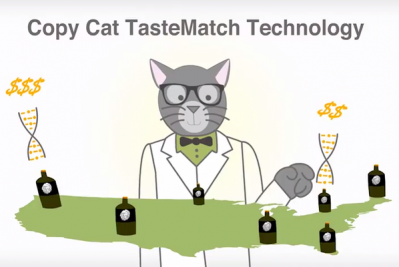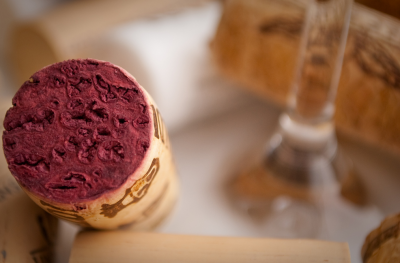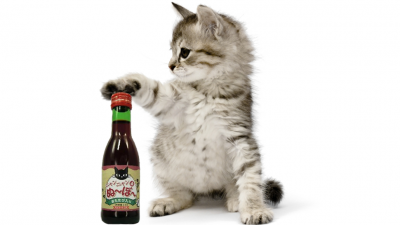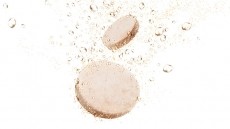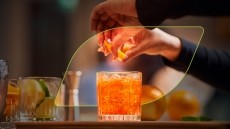‘Robert Parker may be a wine tasting genius, but his service just isn’t effective!’ Next Glass
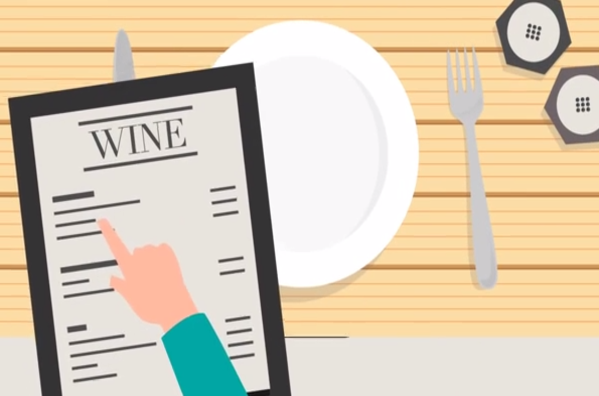
Kurt Taylor founded Next Glass after a disappointing meal out with his father where the waiter recommended a wine that scored 92 on Robert Parker’s scale. Both of them thought it was terrible.
While acknowledging that Robert Parker may be a “tasting genius”, Taylor insists that when he or similar experts say a beer or wine tastes like ‘leather, tobacco and blackberries’, such assessments mean little to the 81m people in the US who drink these beverages, since tastes are so subjective.
“Current recommenders like Wine Spectator, Robert Parker and Beer Advocate only cause more confusion. Their mysterious ratings and adjective-based reviews do little to help consumers decide what to buy,” Next Glass insists, noting that such guides don’t even agree amongst themselves.
Which wine is my friend certain to enjoy?
This is where Next Glass claims to be able to help, by recommending beers or wines on a scientific basis that suit the needs of consumers, merchants and restaurants, and telling them where to buy them or (in the business sense) comparing possible profit margins, alongside other data.
Questions the app - slated for a June 2014 launch - claims to be able to answer include, ‘What beer or wine should I choose at a particular restaurant, merchant or grocery store? Which bottle of wine would a friend and I enjoy splitting at dinner?’
‘What are my top ten favourites from around the world in a specific price range? ‘I need a gift for a friend – What’s a wine or beer they’ve never tried but are certain to enjoy?’
Next Glass spent a year cataloguing the DNA of beer and wine using gas and liquid chromatography and ion trap mass spectrometry to find the drinks’ precise chemical makeup.
The company says it catalogues 22,000+ chemical elements in each bottle of wine, for instance, and claims it now covers 98% of beers and wines on the US market, with the data stored in its ‘Genome Cellar’.
Retailers can identify consumer trends as they begin
Wine is injected into a Thermo Fisher Scientific mass spectrometer, with the compounds (ions) tagged and classified in Next Glass’s ‘Genome Cellar’, then matched with customer profiles to assess its similarity with other drinks and its suitability for different consumers and businesses.
The app claims to eliminate the risk of bad wine and beer selections for consumers, merchants and restaurants – using patent-pending science to analyse tens of thousands of beers and wines (Next Glass is aiming for 98% US market coverage by the time its app launches in June) to create a ‘Genome Cellar’.
For business customers, Next Glass says it provides them with data on purchasing habits and takes the guesswork out of purchasing by matching beer and wine DNA, price and preference to their consumer base.
“With this powerful dataset, it’s easy to identify consumer trends as they begin. That means you can shape your beer and wine list to deliver what’s hot alongside your bestsellers.”
Businesses can see which small-batch vineyards and breweries have beverages their consumers enjoy or could enjoy, which wines are similar to their top sellers but offer higher profit margins, and which potential customers they can connect with to say they’ve added a new beer or wine they are certain to enjoy.
